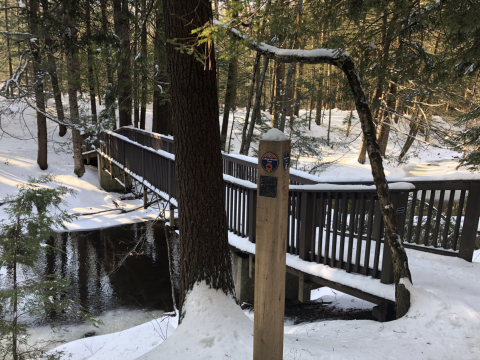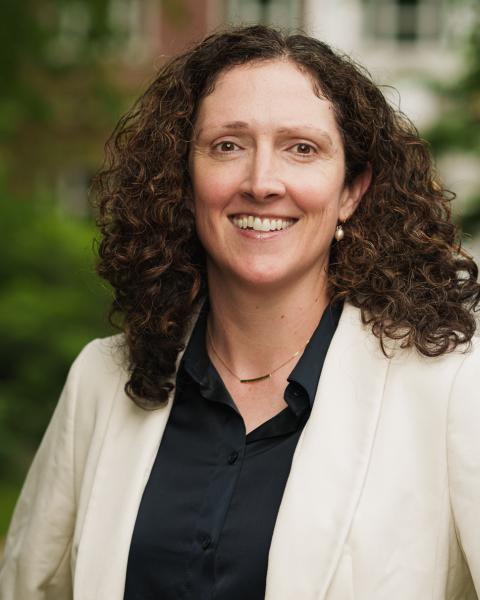Nature Economy Reads for the New Year

If you are like me, then there is nothing better than starting off the new year with a pile of good books. 2020 is shaping up to be a time when connections between nature and sustainable economy will be even more important. Global awareness of the benefits provided to us by nature and the importance of maintaining nature so it can continue to support our communities and economies continues to grow. At a more local scale, we, at UNH Cooperative Extension, have the privilege of serving communities across New Hampshire that are looking to connect their local economies with natural assets for economic improvements and enhanced quality of life. In the first of two blogs, I thought I would share some of my favorite Nature Economy books for the new year and beyond. Happy Reading!!

Nature’s Fortune by Mark Tercek and Jonathon Adams.
Businesses and governments recognize their dependence upon healthy and sustainable ecosystems and are doing something about it. The authors, including a former Goldman Sachs executive, take us through a number of case studies to demonstrate this--from Cocoa Cola investing in conservation land to maintain access to water resources to the city of New York choosing to preserve watersheds for clean drinking water over building more treatment facilities—saving money and providing many co-benefits.
Green Growth that Works Edited by Lisa Mandle, Zhiyun Ouyang, James Salzman, and Gretchan Daily.
A new edited collection of examples of natural capital policy and finance mechanisms from across the world, this book really provides insight on how to incorporate and value nature in decision making processes.
Introducing Just Sustainabilities-Policy, Planning, and Practice by Julian Agyeman
A great introduction to an important framework for sustainable communities that connects nature and people through the concepts of justice and inclusivity, this book challenges us to think more broadly about our communities and how decisions impact all members. Dr. Agyeman is a professor of urban and environmental policy and planning at Tufts University and the originator of the concept of "Just Sustainabilities".
